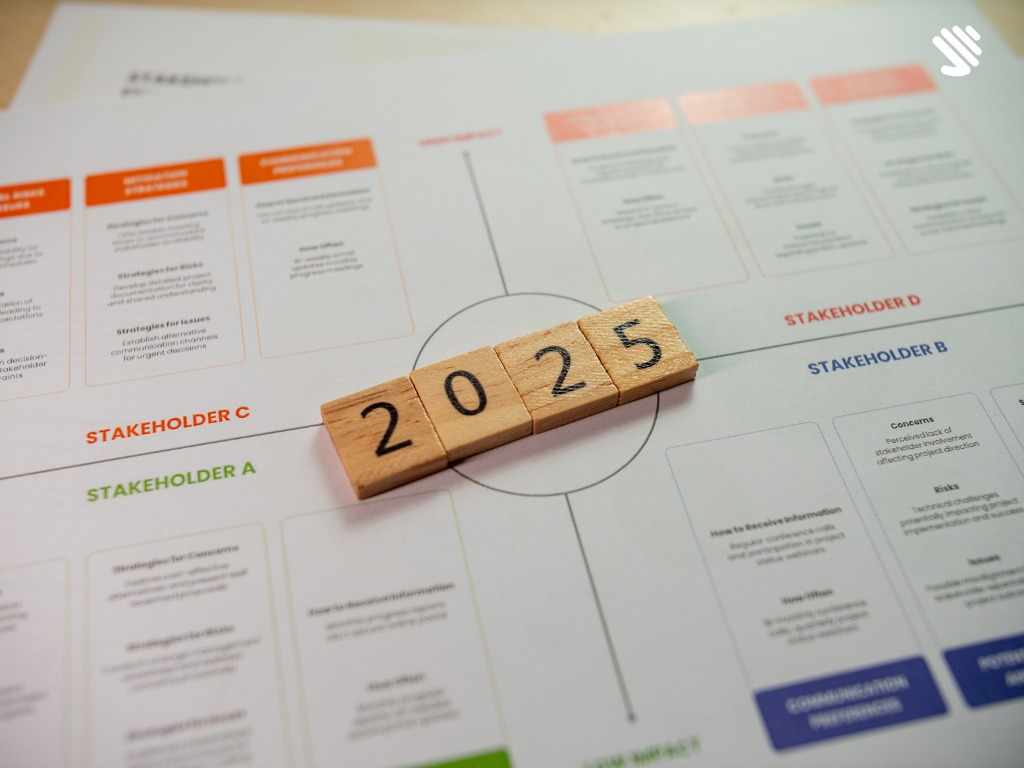In today’s ever-evolving tech landscape, the need for exceptional leaders who can drive innovation and lead with clarity is more critical than ever. Organizations often find themselves in a dilemma where their most talented technical minds are elevated into leadership roles without adequate preparation. That’s where the support of an experienced engineering leadership coach becomes not only beneficial but transformative. As more technical experts becoming leaders is a growing trend, having the right guidance makes the difference between success and stagnation.

Many engineers thrive in solving complex problems, designing systems, and building products, but leadership requires a whole new skill set—communication, emotional intelligence, strategic thinking, and team empowerment. This transition from subject-matter expert to people leader is rarely straightforward. Often, technical experts becoming leaders face challenges such as delegating effectively, managing team dynamics, and aligning technical strategies with broader business goals. These are areas where an engineering leadership coach offers immense value by providing personalized frameworks, mindset shifts, and real-time feedback tailored to the engineer’s context.
Coaching helps bridge the gap between technical competence and leadership excellence. It empowers engineers to develop skills that are rarely taught in traditional education or even in the workplace. With a structured coaching journey, they learn to inspire, influence, and innovate—not just with code or design, but with vision and leadership. This is particularly vital in tech-driven organizations where rapid growth and change demand leaders who are agile, empathetic, and strategically aligned.
The journey for technical experts becoming leaders often includes letting go of being the problem-solver and instead becoming the enabler. This shift requires rethinking identity and purpose in a professional context. With the help of an engineering leadership coach, this transformation becomes more manageable and sustainable. Engineers begin to focus on enabling teams, creating psychological safety, and crafting a culture of continuous improvement—all without losing their technical grounding.
The coaching process typically includes self-assessments, reflective exercises, leadership models, and scenario-based learning. It isn’t just about generic advice, but about unlocking the leadership style that best suits each engineer’s strengths and values. This personalized approach ensures that the emerging leader remains authentic while adapting to the needs of their organization.
One of the greatest advantages of having an engineering leadership coach is the ability to address blind spots. Engineers often work in environments where feedback is centered around product performance rather than interpersonal dynamics or leadership behaviors. Coaching brings focus to areas like team morale, conflict resolution, stakeholder communication, and long-term planning. It’s about growing from a reliable contributor into a respected and trusted leader.
Moreover, for technical experts becoming leaders, the shift can sometimes lead to imposter syndrome or burnout if not managed carefully. Coaching supports mental resilience, helping individuals navigate the emotional aspects of leadership and avoid common pitfalls. It also provides a confidential space to explore fears, test ideas, and gain clarity in decision-making.
Leadership in the tech world doesn’t mean abandoning technical skill. Instead, it means elevating those skills into strategic assets for teams and organizations. Through coaching, engineers learn how to lead meetings, influence across functions, and drive innovation through collaboration rather than control. They learn how to build followership, foster trust, and lead diverse teams in uncertain times.
For engineers stepping into leadership roles, the transformation is both a challenge and an opportunity. And with expert guidance from a professional coach, that journey can be not only smoother but also more fulfilling. As the demand for leadership-ready engineers grows, so too does the importance of investing in support structures that turn potential into performance.
To ensure successful transitions from engineer to leader, two key tools are invaluable: self-awareness and strategic support. That’s exactly what expert coaching delivers. It builds confidence, boosts capability, and fosters the kind of leadership that drives meaningful impact.
With so many technical experts becoming leaders in today’s workforce, it’s essential they are equipped not only with technical expertise but also with the emotional and strategic skills that define great leadership. An engineering leadership coach ensures they make that leap with confidence, clarity, and measurable success.




Write a comment ...